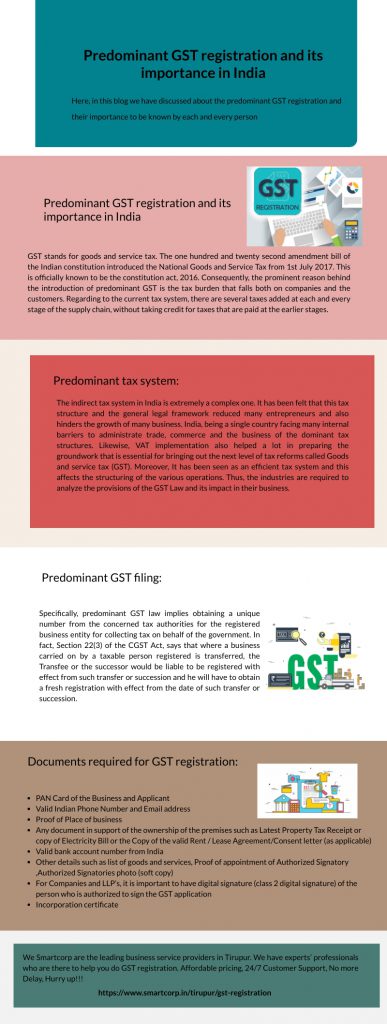
Predominant GST registration and its importance in India
Here, in this blog we have discussed about the predominant GST registration and their importance to be known by each and every person. GST stands for goods and service tax. The one hundred and twenty second amendment bill of the Indian constitution introduced the National Goods and Service Tax from 1st July 2017. This is officially known to be the constitution act, 2016. Consequently, the prominent reason behind the introduction of predominant GST is the tax burden that falls both on companies and the customers. Regarding to the current tax system, there are several taxes added at each and every stage of the supply chain, without taking credit for taxes that are paid at the earlier stages.
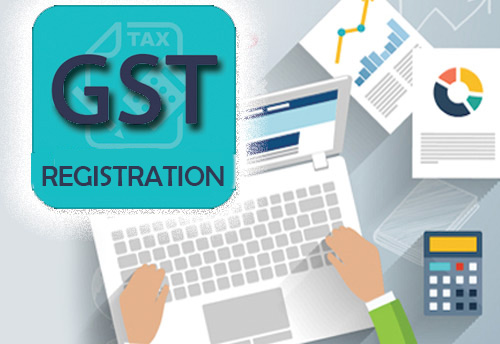
As a result, the end user cost does not clearly shows the actual cost of the product that are sold and purchased and how much tax was applied. This structure remains quite complex and inefficient one. Moreover, Gst will integrate more taxes into single unit, which can be applied to the sales and the purchases of the goods and services, with deductions for taxes paid at the earlier supply chain stages. This structure remains easier to be tracked by both government and the business people.
Predominant tax system:
The indirect tax system in India is extremely a complex one. It has been felt that this tax structure and the general legal framework reduced many entrepreneurs and also hinders the growth of many business. India, being a single country facing many internal barriers to administrate trade, commerce and the business of the dominant tax structures. Likewise, VAT implementation also helped a lot in preparing the groundwork that is essential for bringing out the next level of tax reforms called Goods and service tax (GST). Moreover, It has been seen as an efficient tax system and this affects the structuring of the various operations. Thus, the industries are required to analyze the provisions of the GST Law and its impact in their business.
Predominant GST filing:
Specifically, predominant GST law implies obtaining a unique number from the concerned tax authorities for the registered business entity for collecting tax on behalf of the government. In fact, Section 22(3) of the CGST Act, says that where a business carried on by a taxable person registered is transferred, the Transfee or the successor would be liable to be registered with effect from such transfer or succession and he will have to obtain a fresh registration with effect from the date of such transfer or succession.
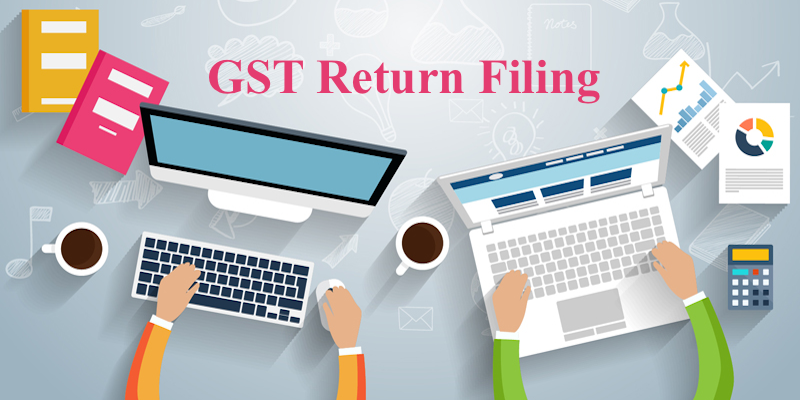
Section 22(4) states that if a business is transferred as an order of a High Court, or otherwise pursuit to –
1. Sanction of scheme
2. Arrangement for amalgamation
3. De-merger of two or more companies,
As a result, the transferee would be liable to obtain registration from the date on which the Registrar of Companies issues a certificate of incorporation giving effect to such order of the High Court or Tribunal.
Why you will pay GST?
Chiefly, it is important to note that there are two categories of businesses that comes under the predominant GST. The first one is that you have to register the business alone. The other category is that you will have to register as well as pay taxes. These categories are decided based on the turn over which is being calculated using the GSTIN. Similarly, The GST act in the clause (3) of the defining section 2 defines all the aggregate value of all the taxable supplies, excluding the values of inward supplies on which tax is payable by a person on inverse charge basis.

However, it also exempt supply of goods and services and services of inter-state supplies having the same permanent account number to be computed all over India. It excludes Central tax, State tax, Union Territory tax, integrated tax etc. If the Aggregate Turnover is over 19 lakh then the business is eligible to register on the GST Portal. As soon as, if the aggregate turnover exceeds 20 lakh, the business becomes liable to pay GST. The aggregate turnover has been kept lowered for the north-east states at 9 lakh for registration and 10 lakhs for paying taxes.
Predominant Registration Rules under Goods and Services Tax:
Persons who have to register:
- It is important to know who is liable to register under the Goods and Services Tax. Provisions regarding Registration are contained in Section 22 to Section 30 of the Central GST Act, 2017.
- According to Section 22 of the Act, the following categories of people have to register under the Goods and Services Act.
- Each and every supplier whose annual turnover is Rs. 25 lakh have to register under the Goods and Services Act, 2017.
- In the case of a special category state, supplier who has an annual turnover of Rs. 10 lakh have to register themselves under the GST Act.
- The persons who are previously enrolled under different laws prior to the commencement of this act also have to get themselves registered.
- Any person who has taken over the business from the other person of the registered company also have to register GST.
Persons who do not have to register:
Under Section 23, the Central Government gives exemptions to some category of people who do not want to register GST:
- Any person who is involved in the supply of Goods and Services do not have to get themselves registered under the Goods and Services Act, 2017.
- Any agriculturist who is involved in the supply of the product which does not involve the cultivation of land.
- The government on the advice of the council from time to time through notices may specify the category of persons who may be exempted from getting themselves registered.
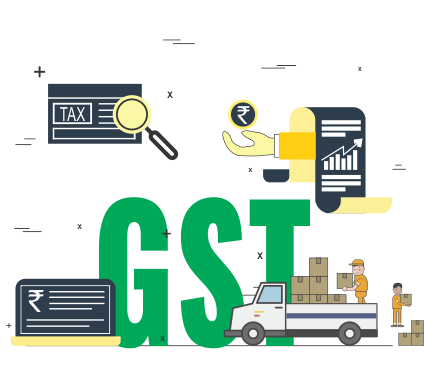
Compulsory Registration :
- According to Section 24 of the Goods and Services Act, 2017 there is a certain category of people who have to register compulsory:
- Any person who is making an inter-state taxable supply have to register compulsory.
- Consequently, Persons who are required to pay GST under reverse charges.
- The non-resident taxable person making a taxable supply.
- Persons who make taxable supply of goods and services for other taxable people as an agent or otherwise are also required to get themselves registered.
- Any other person who is notified by the government on the recommendations of the Gst Council.
Amendment to Registration:
According to Section 28, any person can inform the concerned officer to make some changes in the information presented to him at the time of registration, through a proper procedure, the officer concerned have the power to either accept the changes or reject the changes but he cannot reject the changes without giving the other person a chance to speak for himself.
Documents required for GST registration:
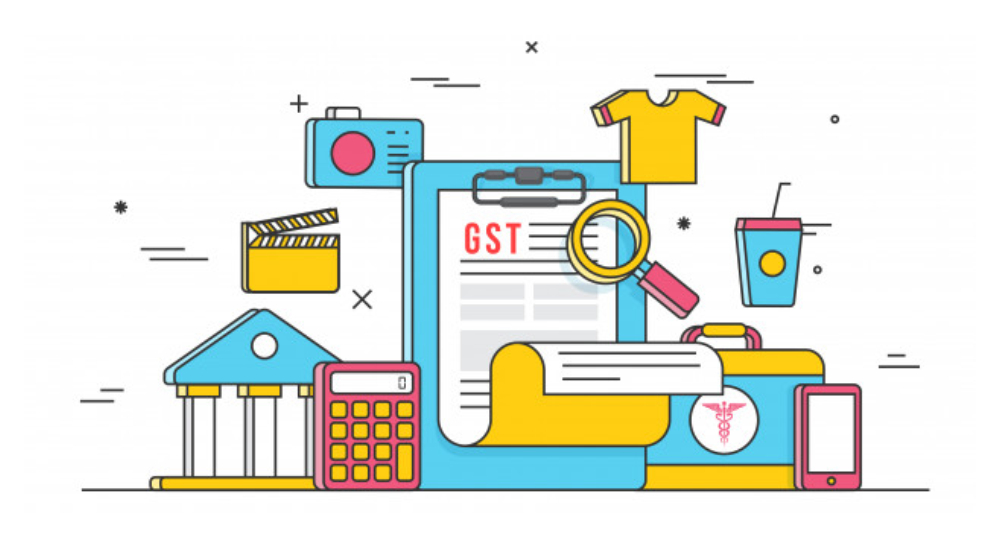
- PAN Card of the Business and Applicant
- Valid Indian Phone Number and Email address
- Proof of Place of business
- Any document in support of the ownership of the premises such as Latest Property Tax Receipt or copy of Electricity Bill or the Copy of the valid Rent / Lease Agreement/Consent letter (as applicable)
- Valid bank account number from India
- Other details such as list of goods and services, Proof of appointment of Authorized Signatory ,Authorized Signatories photo (soft copy)
- For Companies and LLP’s, it is important to have digital signature (class 2 digital signature) of the person who is authorized to sign the GST application
- Incorporation certificate
We Smartcorp are the leading business service providers in Tirupur. We have experts’ professionals who are there to help you do GST registration. Affordable pricing, 24/7 Customer Support, No more Delay, Hurry up!!!
